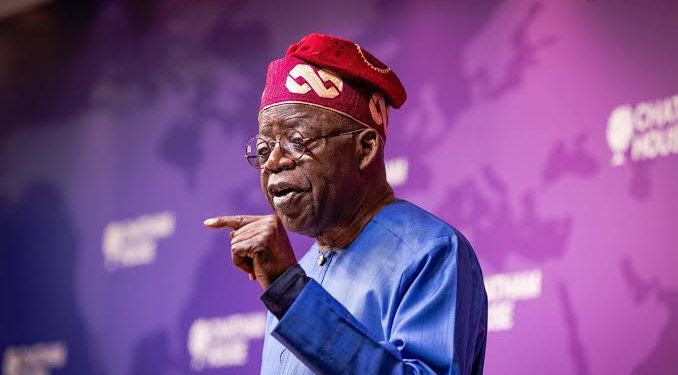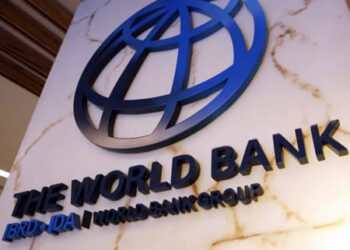Fitch Solutions, a global ratings and advisory agency, has warned of potential short-term protests in urban areas, including Lagos, Nigeria, if President-elect Bola Ahmed Tinubu assumes office. The Africa Monitor Report by Fitch Solutions highlights concerns about reduced trust in the electoral system and a lack of widespread political support for Tinubu, which could lead to dissatisfaction and unrest among his opponents. This blog post examines the implications of these potential protests and explores the economic challenges that the incoming administration may face.
Potential Protests and Social Stability
According to Fitch Solutions, protests are likely to occur in the short term, particularly in urban areas like Lagos. The report mentions the support the Labour Party (LP) received from the #EndSars protest movement in 2020 and suggests that the LP’s youthful supporters may be dissatisfied with the election outcome. The reaction of opposition figures, including Peter Obi, will play a crucial role in shaping the extent and intensity of these protests. In response to the situation, Fitch Solutions has lowered Nigeria’s social stability score, indicating increased risk, from 25.0 to 17.5 out of 100 in its Short-Term Political Risk Index.
Economic Reforms and Inflation Concerns
Fitch Solutions expresses doubts about Tinubu’s ability to launch significant economic reforms in 2023 due to his weak political mandate and widespread opposition. The report highlights high inflation, projected at 18.0% for 2023, and suggests that Tinubu would be cautious about implementing measures such as the liberalization of Nigeria’s exchange rate regime and the removal of fuel subsidies. These reforms, while potentially beneficial in the long run, could exacerbate inflation and erode Tinubu’s already limited support base. The agency expects a period of political stasis given divisions within the legislature, political opposition, and concerns about the president-elect’s health.
Energy and Oil Production Outlook
Fitch Solutions anticipates that fuel shortages, disruptions surrounding the 2023 election, and weakness in the oil sector will contribute to a slowdown in Nigeria’s headline growth, from 3.1% in 2022 to 2.3% in 2023. However, the report suggests that growth will rebound in 2024 and 2025 due to increased offshore oil production, providing a temporary boost to the country’s key export industry. Nonetheless, uncertainties surrounding the conduct and outcome of the 2023 presidential election pose risks to this forecast.
Bottom Line
As Nigeria prepares for a new president, the possibility of short-term protests looms over urban areas, driven by concerns about the electoral system and political support for President-elect Tinubu. The incoming administration faces economic challenges, including high inflation and limited political capital, which may hinder the implementation of significant reforms. Additionally, energy and oil production will play a crucial role in shaping the country’s economic growth, with risks heightened by uncertainties surrounding the upcoming presidential election. It remains to be seen how Nigeria will navigate these complex issues and pave the way for stability and prosperity in the years to come.










